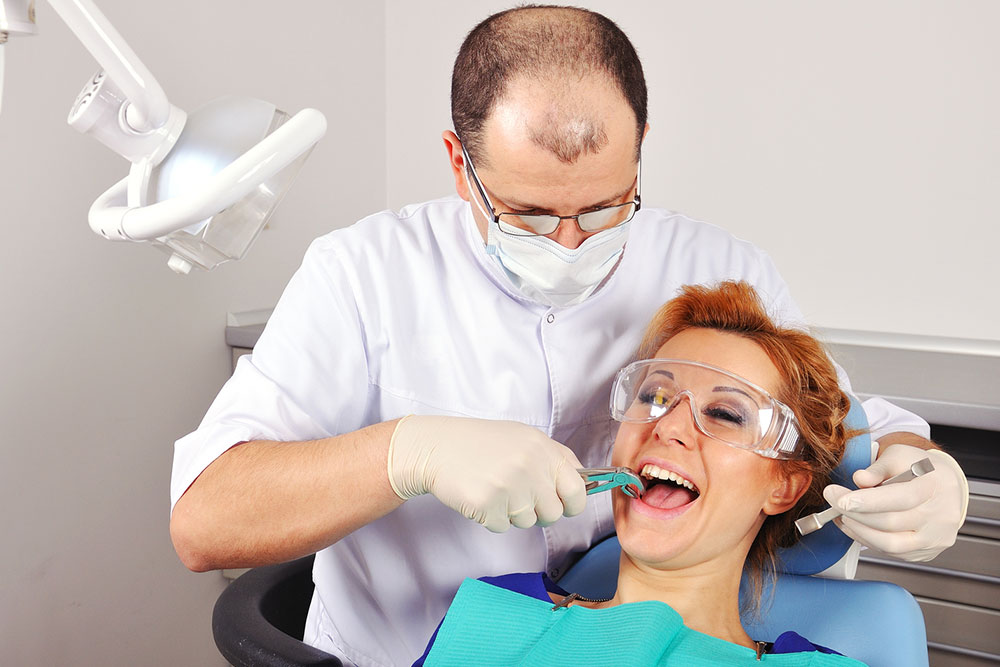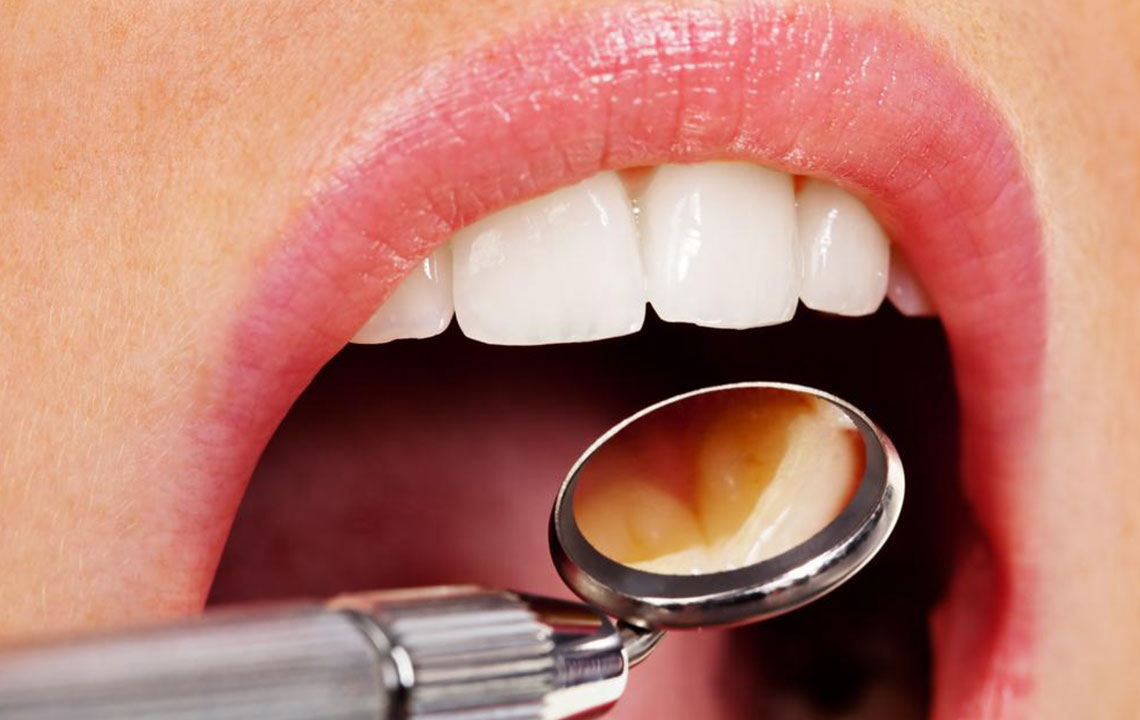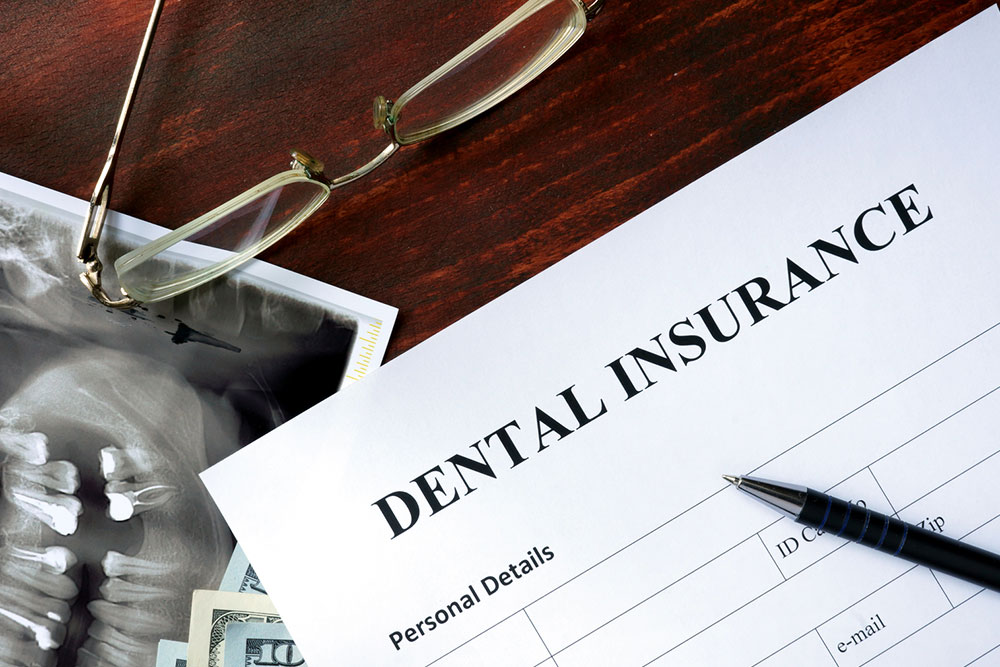Essential Preparations Before Dental Tooth Removal
Prepare effectively for a tooth extraction by scheduling X-rays, choosing experienced dentists, understanding the procedure, and planning post-care. Soft foods, assistance during recovery, and cost awareness ensure a smooth process. Proper preparation minimizes discomfort and promotes faster healing after tooth removal.
Sponsored

Key Steps to Take Before Having a Tooth Pulled
Healthy, white teeth not only boost your smile but also reflect good health. However, maintaining dental hygiene requires effort, and sometimes tooth removal becomes necessary due to issues like decay, gum disease, overcrowding, or infection. When performed by a skilled dentist, the procedure ensures a smooth recovery and effective symptom management. To ensure optimal results, it's crucial to prepare properly before the extraction appointment.
Schedule an X-ray to Assess Your Tooth
Tooth removal can be straightforward or require surgery. Simple extractions are performed when the tooth is easily accessible. For teeth that are difficult to reach, dentists may need to perform surgical extraction. In such cases, an X-ray helps determine the tooth's position and condition, guiding the treatment plan.
Opt for Soft Foods Before and After Extraction
Following tooth removal, the mouth is vulnerable to pain and bleeding, which can worsen with hard, sticky, or chewy foods. To facilitate healing, stick to soft foods like porridge, well-cooked grains, mashed potatoes, ripe bananas, and soft pasta during recovery.
Select an Experienced Dental Professional
As tooth extraction is a major procedure, choosing an experienced and qualified dentist is vital. An initial consultation helps discuss your dental history and current concerns, allowing the dentist to recommend tailored pre- and post-procedure care to minimize side effects and complications.
Understand Why Tooth Extraction Is Necessary
Dental professionals recommend extraction for various issues, including decay, infection, misalignment, trauma, or severe damage. Knowing the root cause enables you to take preventive steps, such as practicing good oral hygiene, reducing sugar intake, and avoiding tartar buildup, to maintain oral health in the future.
Learn About the Procedure
Preparing mentally for your first extraction helps reduce anxiety. Simple extractions often involve removing the tooth with forceps, while surgical procedures might require incisions in the gum. Local anesthesia or sedation is used to ensure comfort during the operation.
Discuss Replacement Options
Depending on the extracted tooth, options such as dental implants, bridges, or dentures may be recommended. Consult your dentist about the best solution to restore functionality and aesthetics before the removal.
Know Post-Operative Care
After extraction, some pain, swelling, and bleeding are typical. Follow your dentist's instructions carefully, avoid hard foods and straws on the first day, and use ice packs to reduce swelling. Regular checkups are necessary for proper healing, which may take several weeks.
Arrange Help for Recovery
Post-extraction recovery may limit your ability to perform daily tasks. Seek assistance from family or friends, or consider hiring help to ensure care and household management while you heal. Planning ahead facilitates a smoother recovery process.
Understand the Cost of Extraction
The price varies: simple removals range from $70 to $200 per tooth, while surgical extractions can cost between $800 and $4000. Confirm costs with your dentist beforehand to avoid surprises and ensure financial readiness.
Talking with others who have undergone tooth extraction can provide reassurance and tips for managing discomfort, bleeding, and healing. Staying calm through relaxation techniques such as meditation or yoga can also help prepare mentally for the procedure.






